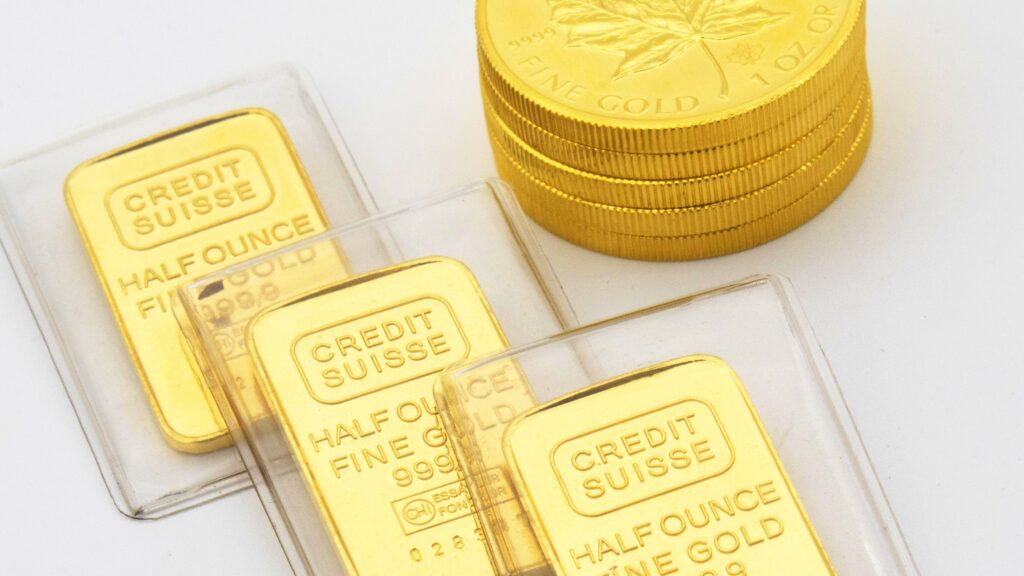Fear of recession strengthens need for gold exposure
It’s hard to avoid getting caught up in the financial news web about a potential recession. Nevertheless, it should continue to fuel demand for safe haven assets such as gold and many question the need for gold exposure.
Meanwhile, capital markets are fixating on incoming economic data to see signs of a pending recession, while some economists or market experts say the economy is already in one. In particular, manufacturing activity may suggest that rising prices may cause economic growth to stagnate.
“Fears of recession in the US are not abating as the Philadelphia Federal Reserve highlights further weakness in its region’s manufacturing sector, with activity falling to a new three-year low,” Kitco News reported.
“On Thursday, the regional central bank said its outlook for manufacturing business fell more than expected to -31.3 in April, down from March’s reading of -23.2,” the report added. “The data significantly missed expectations as economists were looking for some improvement to -19.7.”
Several broader economic indicators also signal signs of a recession. Take the Conference Board’s Leading Economic Index, for example – it fell by 1.2% in March, which was more than the 0.7% decline predicted by economists.
As Investopedia pointed out, this “marked its largest single-month decline since April 2020 at the height of the pandemic’s economic turbulence.” As such, it only strengthens the case for investors to revisit the need for gold exposure.
“Gold has a price that tends to be relatively uncorrelated to the broader economic cycle,” explained a Morningstar article. “Moreover, it has perceived countercyclical, safe investment attributes while being seen as an inflation hedge.”
“Investments and jewelry take up most of the global demand for gold, and a decline in demand is the key risk to cash flows,” Morningstar added. “A drop in Chinese fixed asset investment, which reduces demand for copper, would also have some effect.”













